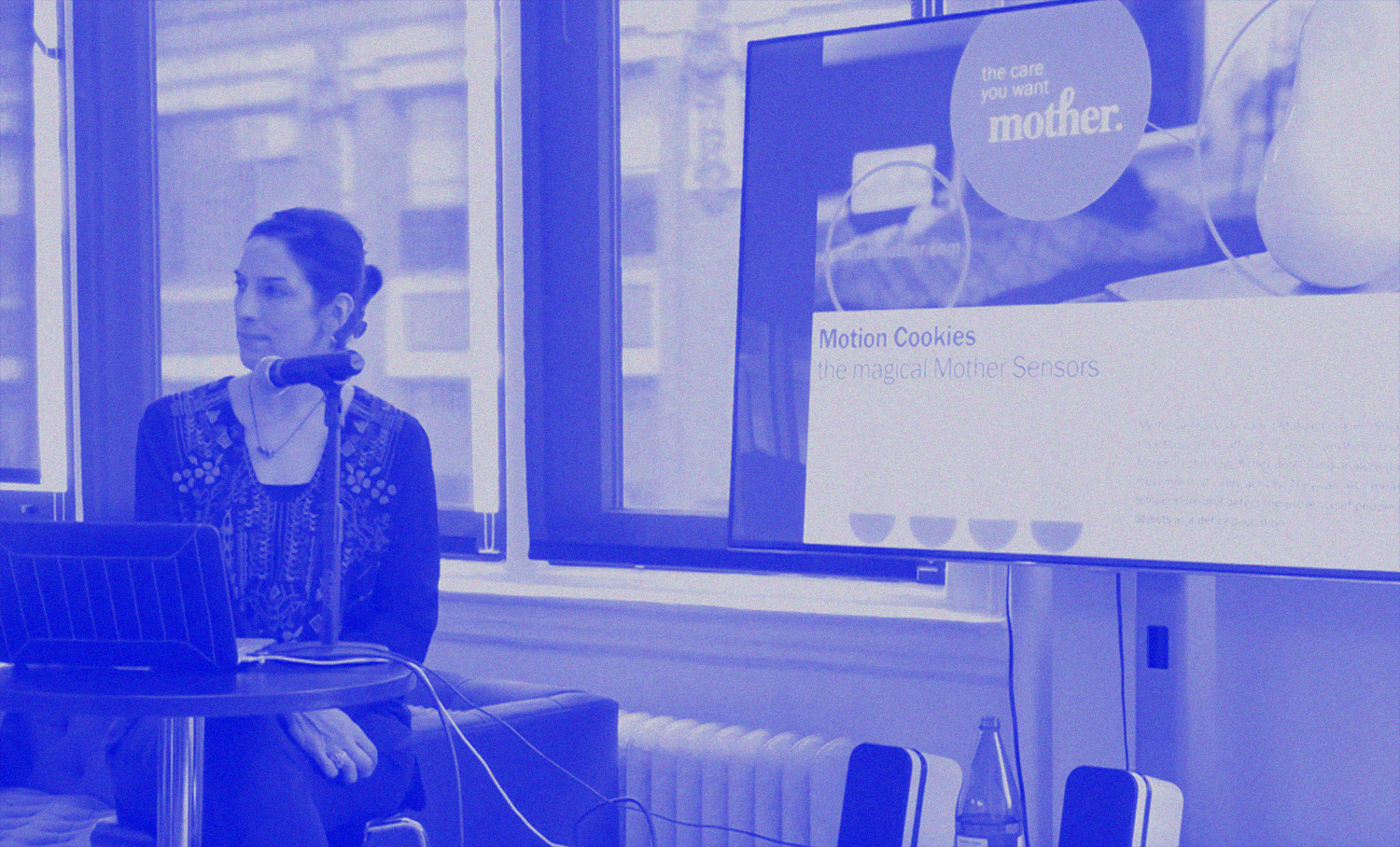From the NSA scandal to Facebook’s controversial “mood experiment,” the past decade has seen heated debate over the ways that governments and corporations collect data on citizens and consumers, the ends to which they use it, and the threat this poses to civil liberties. Yet even as this discussion over surveillant monitoring unfolds, the public has embraced practices and products of self-tracking, applying sensor-laden patches, wristbands, and pendants to their own bodies.
Drawing on ethnographic fieldwork, this talk explores how mainstream self-tracking technologies – in their design, marketing, and use – increasingly part ways with the ethos of intensive self-attention found within the Quantified Self (QS) community, serving as digital compasses to guide consumers through the confounding, tempting, and sometimes toxic landscape of everyday choice making and lifestyle management (for instance, by regulating the micro-rhythms of their bites, steps, sips, and breaths). By offering them a way to fulfill the cultural demand for self-management while delegating the often tedious, sometimes existentially taxing labor involved in meeting that demand, such devices at once exemplify and short-circuit ideals of individual agency and responsibility.
In the story of self-tracking technology and its increasing automation, a certain ambivalence over the terms of contemporary selfhood comes to the fore. Are there any connections to be drawn between this ambivalence and broader debates over governmental and corporate surveillance, data privacy, and the possibility for resistance?
Natasha Dow Schüll’s first book, ADDICTION BY DESIGN: Machine Gambling in Las Vegas (Princeton University Press 2012), draws on extended research among compulsive gamblers and the designers of the slot machines they play to explore the relationship between technology design and the experience of addiction. Her next book, KEEPING TRACK: Sensor Technology, Self-Regulation, and the Data-Driven Life (Farrar, Straus, and Giroux, under contract), concerns the rise of digital self-tracking technologies and the new modes of introspection and self-governance they engender. Her documentary film, BUFFET: All You Can Eat Las Vegas, has screened multiple times on PBS and appeared in numerous film festivals.
Schüll graduated Summa Cum Laude from UC Berkeley’s Department of Anthropology in 1993 and returned to receive her PhD in 2003. She held postdoctoral positions as a Robert Wood Johnson Health and Society Scholar at Columbia University’s Institute for Social and Economic Research and Policy and as a fellow at NYU’s International Center for Advanced Studies. She joined MIT’s Program in Science, Technology, and Society in 2007 and was awarded tenure in early 2015, before moving to NYU.
Schüll’s research has been supported by the National Science Foundation, the Alfred P. Sloan Foundation, the Woodrow Wilson Foundation, and the Robert Wood Johnson Foundation, among other sources. Schüll’s research and op-eds have been featured in such national media venues as 60 minutes, The New York Times, The Economist, The Atlantic, The Washington Post, Capital Gazette, Financial Times, Forbes, Boston Globe, Salon, Chicago Tribune, Chicago Daily Herald, Las Vegas Sun, 99% Invisible, NPR, WGBH, and WNYC.
About Databites
Data & Society’s “Databites” speaker series presents timely conversations about the purpose and power of technology, bridging our interdisciplinary research with broader public conversations about the societal implications of data and automation.


